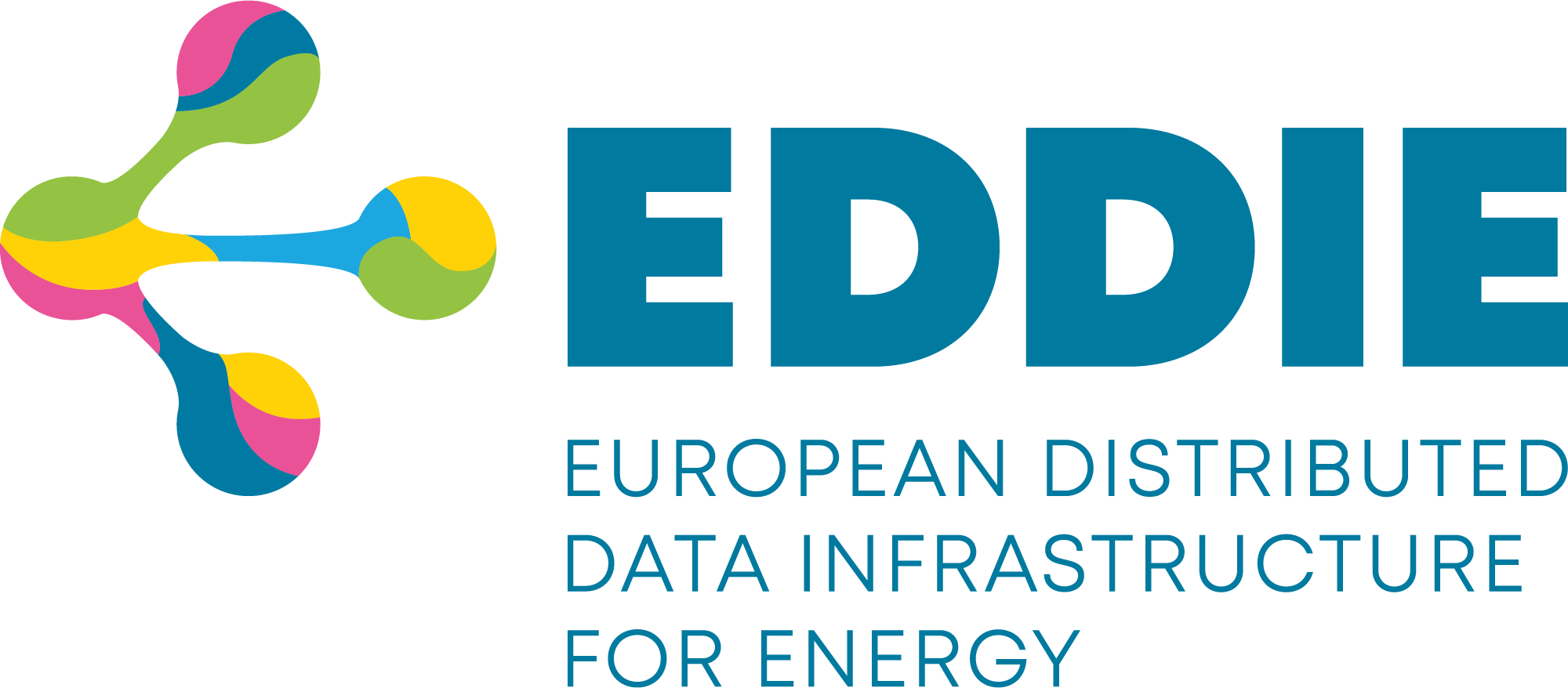Enhancing Energy Systems: Exploring Data Models and Interoperability Across Sectors
by EDDIE
In today's rapidly evolving energy landscape, the efficient management and utilization of data plays a crucial role in driving the transition towards sustainable and flexible energy systems. The European Commission has been at the forefront of promoting digitalization and interoperability across sectors to facilitate the integration of renewable energy sources, demand response mechanisms, and grid flexibility. EDDIE’s consortium partner Digital4Grids published a landscape report "Energy and Flexibility: Data Models and Interoperability Across Sectors", delving into the challenges and opportunities associated with data exchange and integration across various sectors of the energy system. The document provides valuable insights into the current state of data models, interoperability frameworks, and regulatory initiatives aimed at enhancing energy system flexibility. As EDDIE is keen to highlight the advantages of de-centralised, federated, yet highly standardised business processes on the way towards a more open, participatory Energy System, we appreciate the elaborate analysis of the Energy Data Exchange Austria environment (organised by Austrian Energy Association working groups and technically maintained by EDDIE's EDA GmbH). Check the respective section for a well-defined, cost-effective and comprehensive national Energy Data Space operational since 2012.

The report highlights the significance of standardized data models for seamless data exchange between different stakeholders in the energy sector. It emphasizes the need for harmonized data structures and formats to enable efficient information sharing and analysis. The report emphasizes the importance of interoperability across sectors such as electricity, gas, heating and cooling, and transport, enabling integrated and optimized energy solutions.
To foster interoperability and data exchange, the report outlines various regulatory initiatives and policies at the European level. These include theClean Energy for All Europeans package, which aims to enhance market integration, consumer empowerment, and system flexibility through the implementation of data management and sharing practices. The report features several case studies that illustrate successful implementations of data models and interoperability across sectors. These real-life examples provide insights into the benefits and challenges faced during the deployment of integrated energy systems.
By embracing digitalization, interoperability, and data-driven approaches, the European Union aims to accelerate the energy transition, foster innovation, and empower consumers to actively participate in the energy market. The insights from this report will serve as a valuable resource for policymakers, energy industry stakeholders, and researchers striving to shape a greener and more efficient energy future.
Source:
European Commission Digital Strategy. (2023). Energy and Flexibility: Data Models and Interoperability Across Sectors. Retrieved from https://digital-strategy.ec.europa.eu/en/library/landscape-report-energy-and-flexibility-data-models-and-interoperability-across-sectors-energy
Join EDDIE
Sign up for our newsletter to stay up-to-date with the latest news and updates.
Subscribe now!